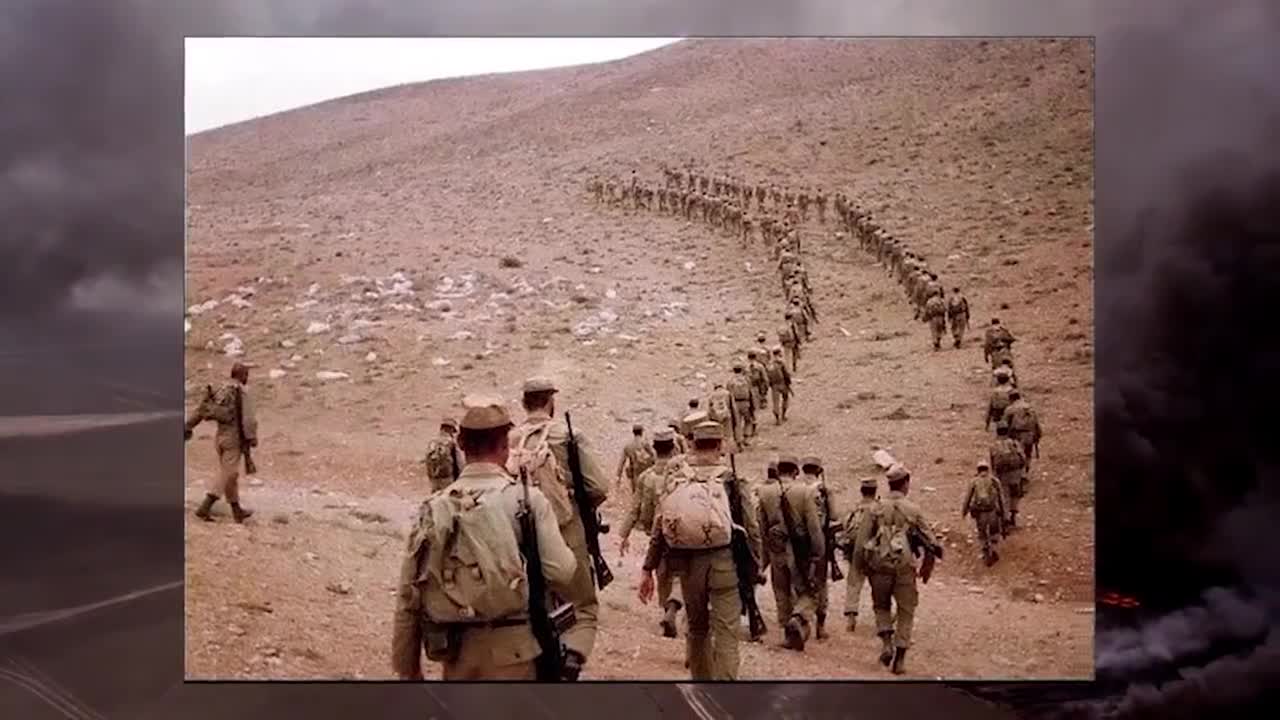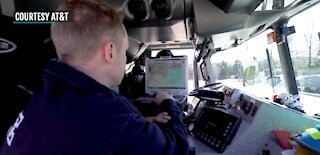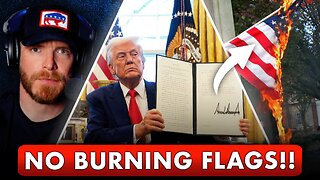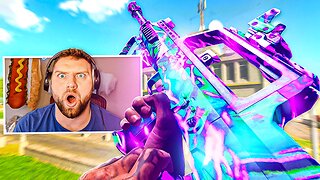Premium Only Content

How Technology Won the First Gulf War
How Technology Won the First Gulf War
On August 2nd, 1990 some 80,000 Iraqi troops stormed their southern border, officially commencing the invasion of Kuwait. The following 42 day war, would become the most one sided conflict in military history.
But how did the allied coalition win such a staggering victory? A large part was thanks to the US’s technological supremacy and the technology they used in the first Gulf War.
The first Gulf War was the US’s first major military intervention since the Vietnam War, more than a decade prior, and technology had advanced considerably in that time leading to the advanced technology used during the gulf war. The conflict saw the roll-out of the F-117 Nighthawk. This was the plane that would come to popularize the term ‘stealth’ in reference to an aircraft's reduced radar signature. Before the days of computer modeling, the F-117’s frame was designed by hand to reflect enemy radar up into the atmosphere and away from the ground based source and the plane's aluminum exterior was even coated with a special radar-absorbent material that further reduced its radar signature.
More than just the stealth technology, equipped on these planes were the most advanced bombs ever developed. Laser-guided bombs, first introduced during the Vietnam war, allowed coalition forces to pick apart hostile tanks from miles away. These laser guided munitions were 100 to 200 times as effective as conventional bombs.
And after the launch of Navstar 1, the first GPS satellite, only two years prior, coalition forces were the first ever to use GPS to precisely track both friendly and enemy troop movements. GPS technology allowed ground troops to coordinate real-time movements across hundreds of miles of open desert, providing a decisive advantage.
Finally, and often overlooked, during Operation Desert Storm, soldiers used $25,000 Holographic night vision goggles that amplified light too dim for the naked human eye. These glasses gave the coalition a major edge over Iraqi forces in night battles, especially because the Iraqi troops were unaware of this technology and often favored night battles to hide from coalition aircraft, only to be spotted by the ground forces using these goggles.
-
 1:50
1:50
WEWS
4 years agoAT&T rolling out 5G technology for Ohio first responders
37 -
 2:28
2:28
BitCherryBCHC
4 years agoBitCherry - The world’s first commercial scalable blockchain infrastructure based on IPv8 technology
8 -
 LIVE
LIVE
Dear America
1 hour agoNO MORE BURNING FLAGS!! 🇺🇸 Trump Signs Order Making It ILLEGAL!! + Trump Is SUING NEWSOM!
5,350 watching -
 LIVE
LIVE
Law&Crime
1 hour agoLIVE: Adelson Matriarch Murder Trial — FL v. Donna Adelson — Day 3
265 watching -
 LIVE
LIVE
Major League Fishing
4 days agoLIVE! - Fishing Clash Team Series: Challenge Cup - Day 3
67 watching -
 27:39
27:39
Crypto.com
42 minutes ago2025 Live AMA with Kris Marszalek, Co-Founder & CEO of Crypto.com
-
 LIVE
LIVE
JuicyJohns
1 hour ago $0.23 earned🟢#1 REBIRTH PLAYER 10.2+ KD🟢
116 watching -
 LIVE
LIVE
Surviving The Survivor: #BestGuests in True Crime
1 hour agoCourt Stream: Donna Adelson Trial DAY 3 of Testimony
78 watching -
 LIVE
LIVE
Wendy Bell Radio
5 hours agoWhat Hill Will Democrats Choose To Die On?
7,953 watching -
 LIVE
LIVE
LFA TV
3 hours agoLFA TV ALL DAY STREAM - TUESDAY 8/26/25
5,593 watching